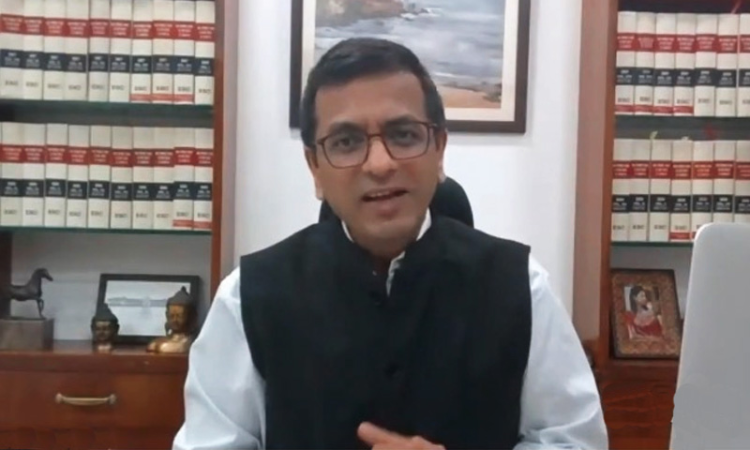Highlighting that the Courts cannot be a "one stop solution" to resolve complicated issues of society and policy, Supreme Court judge Justice DY Chandrachud said that a democratic society must resolve issues through public deliberation, discourse and the engagement of citizens with their representatives and the Constitution"The use of the court as the first line of defence to solve...

